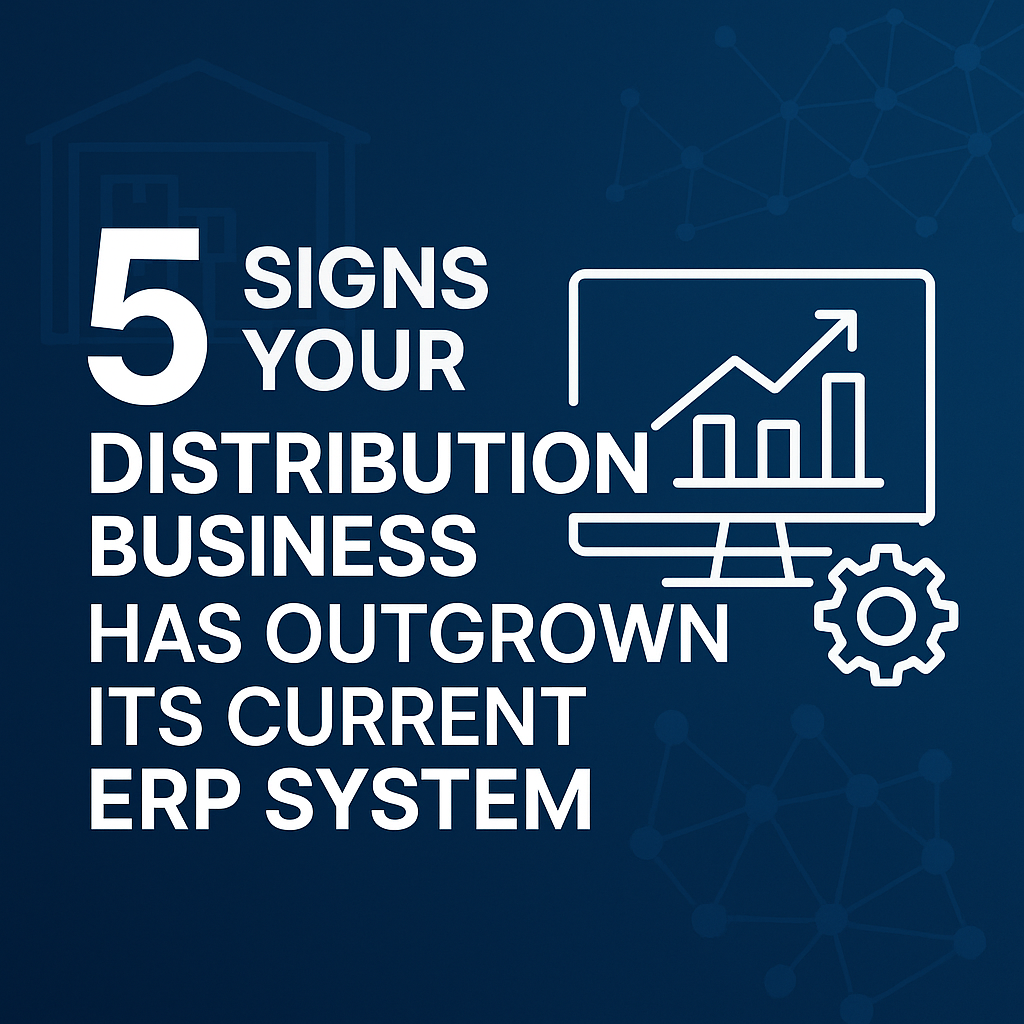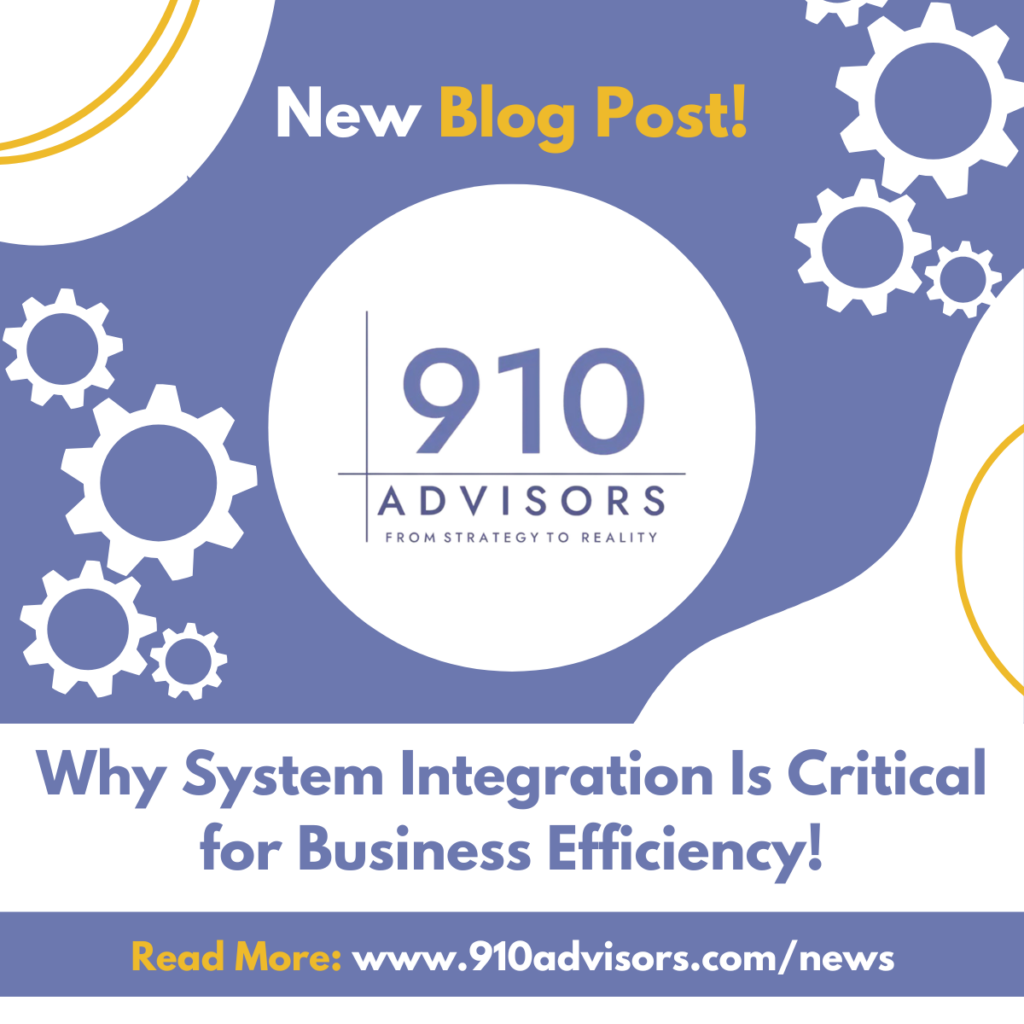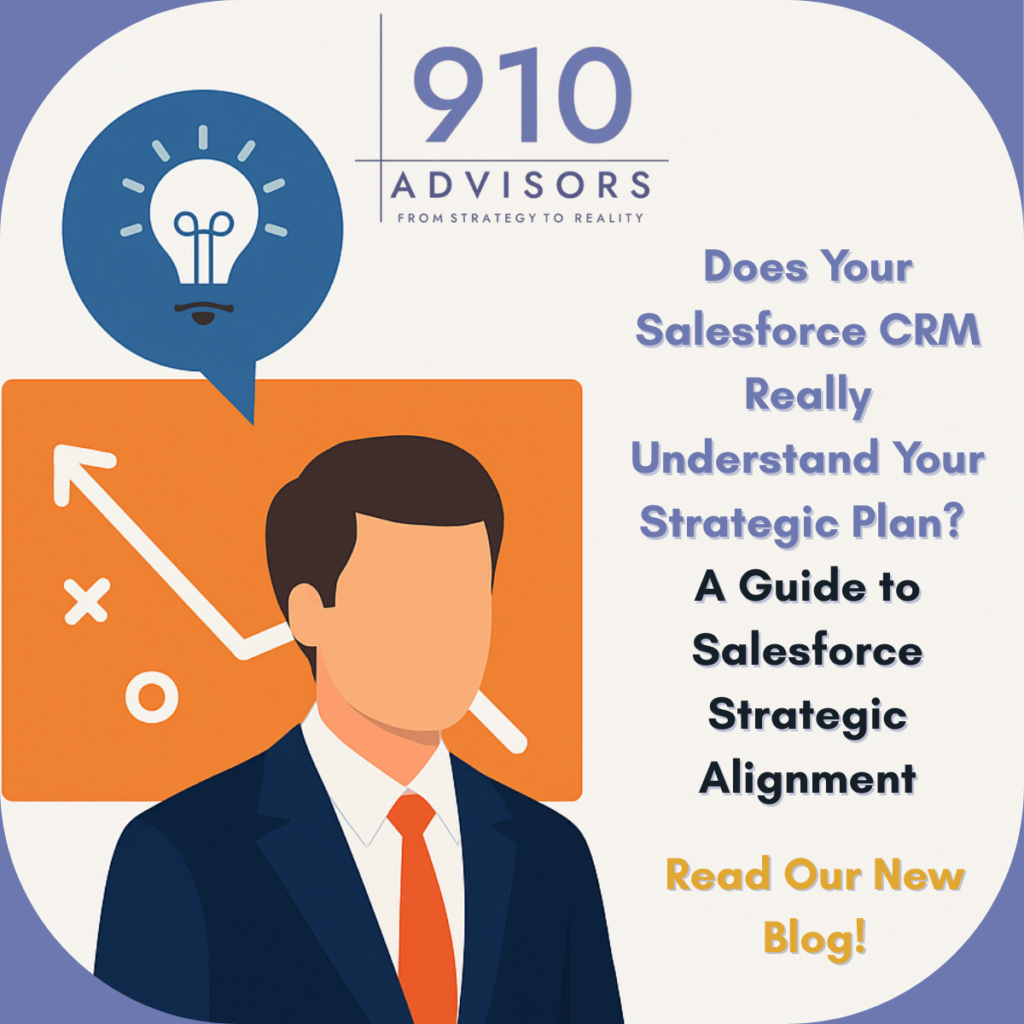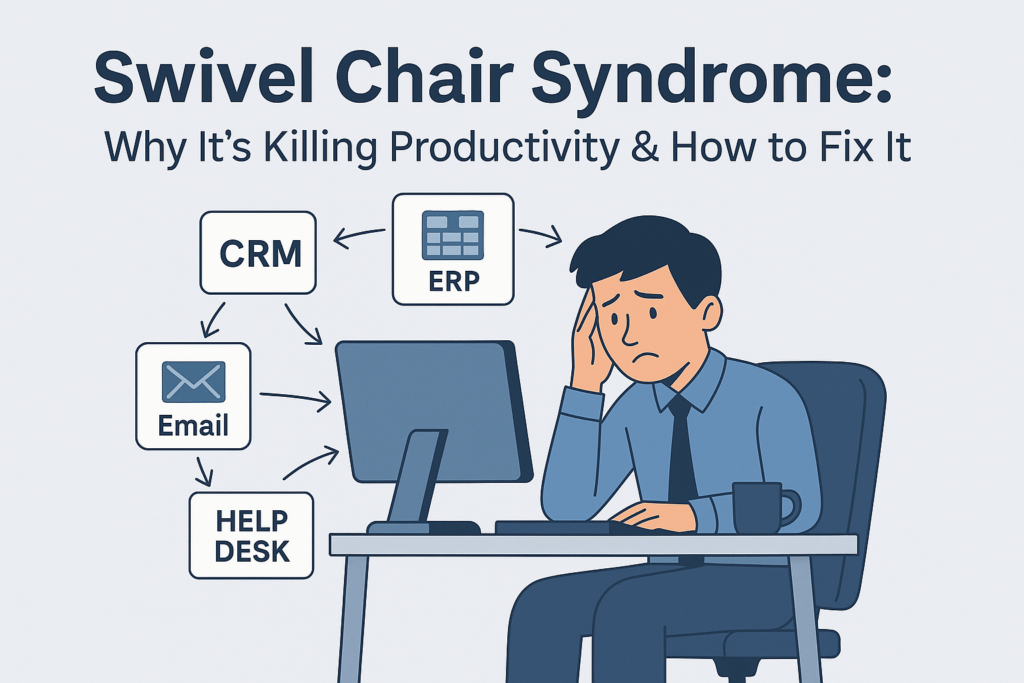5 Signs Your Distribution ERP System Is Holding You Back As your distribution business grows, so do your operational demands. What once worked seamlessly may now be slowing you down. Your distribution ERP system should evolve with your business, but many companies overlook the warning signs until inefficiencies cost them time, money, and customers. If
Category Archives: Technology Transformation
Explore the latest trends in technology and learn how to leverage them to drive business success. From cloud computing to artificial intelligence, we cover the technologies that are reshaping industries and provide insights into how your business can benefit from them.
ERP Reports: 3 Simple Reports Every Distributor Should Use Daily In today’s data-driven distribution landscape, your ERP reports contains a gold mine of actionable insights that can dramatically improve your operational efficiency and bottom line. Yet many distributors are overwhelmed by the sheer volume of available reports and aren’t leveraging the most critical ones for
Why System Integration is Critical for Business Efficiency In today’s digital economy, businesses rely on a suite of specialized tools, Customer Relationship Management (CRM), Configure Price Quote (CPQ), Order Management Systems (OMS), eCommerce platforms, Business Intelligence (BI), pricing engines, and Enterprise Resource Planning (ERP) in order to optimize their System Integration. When these systems operate
Escape the Spin Cycle: Conquer Swivel Chair Syndrome for Good The Spin That Slows You Down If you’ve ever watched your team waste time toggling between different platforms just to complete a single task, then you’ve witnessed Swivel Chair Syndrome in action. Named after the literal act of spinning in a chair between multiple screens
The Salesforce CRM Disconnect You’ve invested time, resources, and energy into building a robust strategic plan. You’ve also deployed Salesforce CRM — one of the most powerful and customizable CRM platforms on the market, to support your business development efforts. But here’s the real question: Does your Salesforce CRM Actually Reflect Your Strategic Plan? Far
Unspinning Productivity: Tackling the Swivel Chair Challenge In today’s fast-paced digital environment, efficiency is paramount. Yet, many organizations grapple with “Swivel Chair Syndrome,” a term describing the inefficiency of manually entering data across multiple, unconnected systems. This not only hampers productivity but also affects employee morale and customer satisfaction. Understanding Swivel Chair Syndrome Swivel Chair
Swivel Chair Syndrome: Why It’s Killing Productivity & How to Fix It Ever feel like your team spends more time switching between systems than actually working? That’s the reality of Swivel Chair Syndrome, and it’s frustrating users across industries. If your employees are constantly copying and pasting data, logging into multiple platforms, and manually reconciling
The retail industry is evolving rapidly, and businesses that fail to adapt risk being left behind. Technology implementation is no longer an optional upgrade but a fundamental necessity for retail leaders looking to enhance efficiency, improve customer experience, and drive revenue growth. By integrating advanced solutions such as CRM, WMS, ERP, and middleware, retailers can
In the fast-moving world of fashion retail, disconnected systems, inefficient workflows, and data silos can stifle growth and profitability. For Operations Managers, Fashion Business Owners, and Customer-Centric Sales Leaders, integrating CRM (Customer Relationship Management) and ERP (Enterprise Resource Planning) systems is no longer a luxury but a necessity. This guide explores how businesses can achieve
The manufacturing industry is evolving rapidly, and companies must adapt to remain competitive. With supply chain complexities, disconnected systems, and inefficiencies in workflows, manufacturers often struggle to make data-driven decisions. By leveraging smart manufacturing solutions, businesses can optimize production, improve quality control, and enhance operational efficiency. In this blog, we will explore how data analytics










